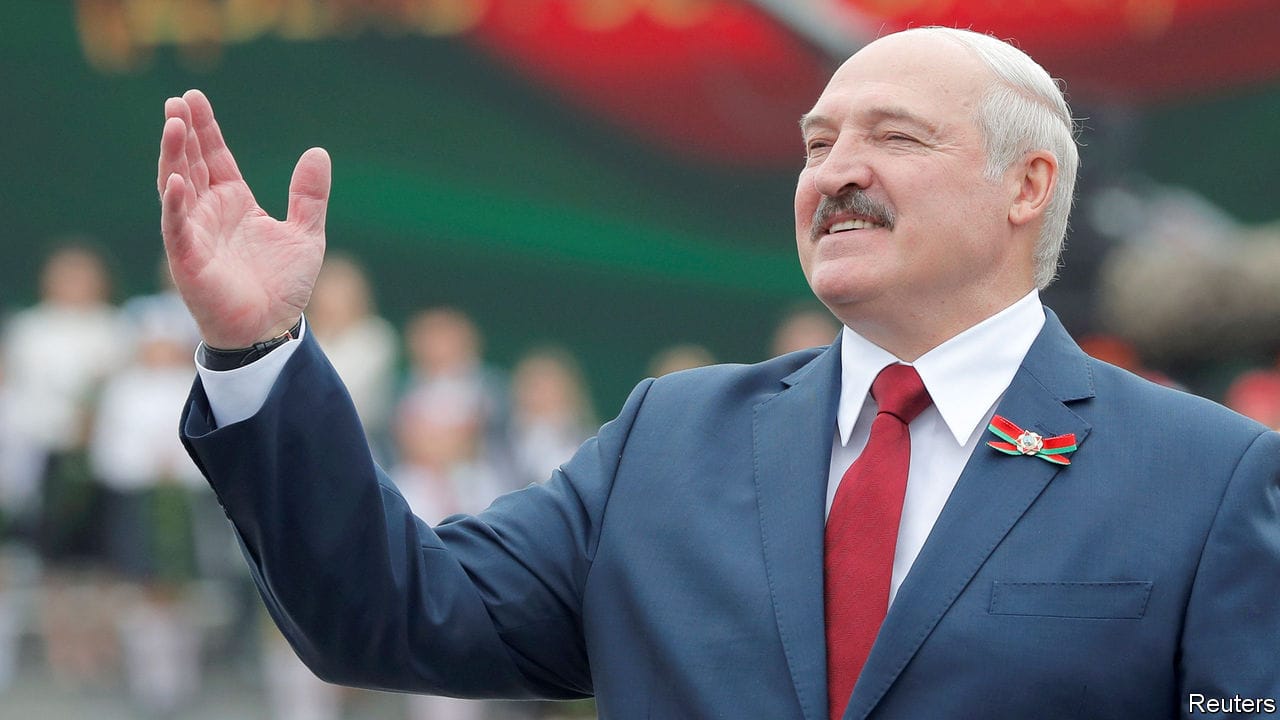- by
- 01 30, 2025
-

-
-
Loading

Loading

AUTOCRATS AROUND the world have a lot to learn from Alexander Lukashenko, the president of Belarus, a former Soviet republic of 10m people between Poland and Russia. He was admired by the late Venezuelan president, Hugo Chávez, is championed by Hungary’s Viktor Orban and cordially received by China’s Xi Jinping. Vladimir Putin has copied some of his electoral dirty tricks. Mr Lukashenko has been in office longer than any of them, thanks to a mixture of populism, socialism, repression, Russian cash and European toleration.But as Belarus heads into an election on August 9th, Mr Lukashenko faces one of the trickiest moments in his 26-year rule. The result is not in doubt—assuming the vote goes ahead. Belarus has not had a free or fair election since 1994, when the former collective-farm boss swept to power pledging to restore stability three years after the Soviet Union collapsed. With two of his challengers in jail and a third in exile, opinion polls banned, independent observers barred and riot police poised to crush protests, Mr Lukashenko is certain to declare himself the winner, with a fat majority. What is much less certain this time is whether Belarusians will accept the result. For the West, the election entails both risks and opportunities. Reducing the first and maximising the second will require principles and nerve.